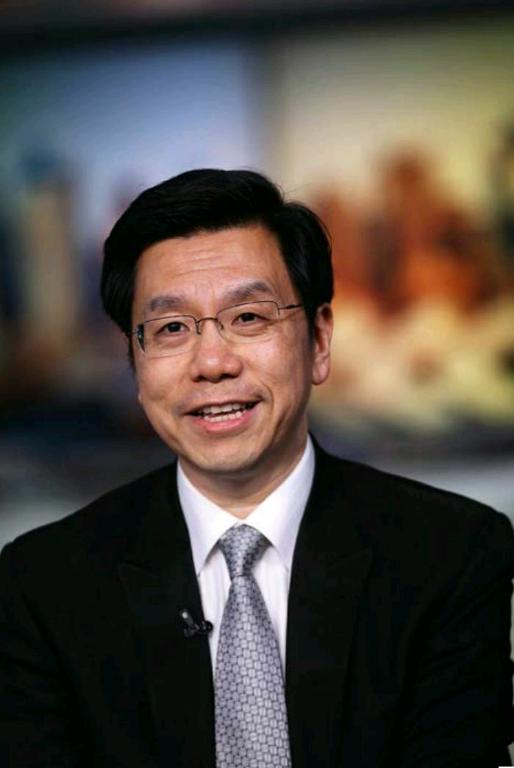Kai-Fu Lee:Net Angel
2014-09-11byGongHaiying
by+Gong+Haiying
Despite thousands of internet success stories, Kai-Fu Lees is one definitely worth mentioning. He served as a senior executive for many internet giants including Apple, Microsoft, and Google and witnessed the birth and development of the internet industry in China as well as the globe. Now, as an angel investor, Lee devotes his efforts to supporting grassroots Chinese internet entrepreneurs, and harbors profound and unique understanding of global internet trends.
Considered a computer science genius by many, Li left Taiwan to study in the United States at the age of 11. While pursuing a doctoral degree at Carnegie Mellon, he boosted a computers speech recognition rate to 80 percent from the previous 40 percent using a statistical method. At the age of 26, he became the youngest computer research scientist at Carnegie Mellon. Two years later, Lee turned down a research opportunity at the worlds top computer science school to join Apple in hopes of “making a difference to the world.”In 1996, he became the youngest high-tech executive at Apple.
In July 1998, Li joined Microsoft and began closer contact with China. That August, appointed by Bill Gates, 37-year-old Lee traveled to Beijing where he played a key role in establishing the Microsoft Research (MSR) division there. In less than two years, MSR China became known as MSR Asia, regarded as one of the best computer science research labs in Asia. In 2000, Lee assumed the position of vice president of the interactive services division at Microsoft.
In 2005, Lee left Microsoft for a position at Google, and later became head of Google China. However, Googles development in China was tepid. In 2009, he resigned from the company. After leaving Google China, he “followed his heart and instincts” and set up “Innovation Works” to become an angel investor.
From programmer to executive to investor – although his roles have changed, Lee has always remained devoted to the internet industry. Now, he spends most of his time supporting young Chinese entrepreneurs. “The enterprises in which I invested at first were all mobile internet businesses,” he reveals. “Then, I started to invest in e-commerce and community projects.”
In 2009, he opened accounts on both Twitter and its Chinese counterpart Weibo, and has since been active on social media. After becom- ing a strategic investor, it seems Lee has opened up and is more willing to speak his mind on social media. Quickly, he became one of the most followed micro-bloggers in China, with more than 50 million followers on Weibo.
“Lee is an excellent computer scientist as well as professional manager,” commented one netizen on Zhihu.com, a site frequented by high-profile Chinese entrepreneurs and intellectuals. “He achieved successes in both fields through his own effort. He can be counted as a sterling role model.”